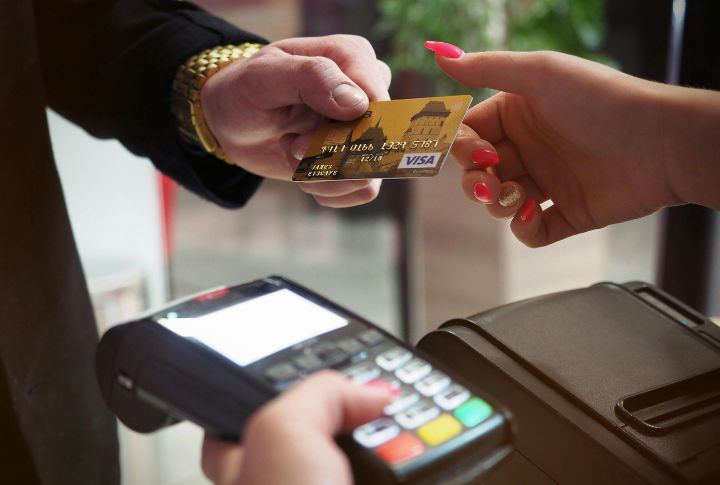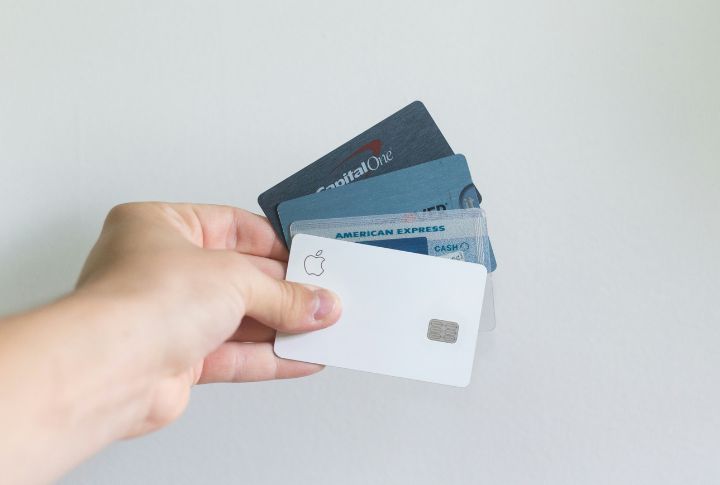
Good credit helps you get loans or credit cards with better rates when needed. But seemingly harmless decisions like paying off loans or even closing an old credit card can wreck your credit score. Since ignorance isn’t an excuse, here are nine things to avoid and five ways to get a higher credit score.
The Big Deal About Credit Scores

Your credit score is like a report card for how you handle money. It shows banks and landlords if you’re good at paying back loans and bills. High scores allow you to borrow money at lower rates, while low scores make getting loans or renting a place harder. You can aim for 700 or above while avoiding the following causes of bad credit.
Frequently Applying for New Credit Cards or Accounts

Applying for many new credit cards might sound harmless, but it can hurt your credit score. Each time you apply, lenders do a “hard check,” which lowers your score. Instead of applying for multiple cards, pick one with great benefits and stick with it. A long, stable credit history is way better than a wallet full of cards.
Late Payments or Missing Credit Card Payments

Your payment history determines your credit score by 35%. A single late payment can deduct about 100 points from your score, and a missed payment can stick around on your credit report for up to seven years. To avoid this, set up reminders or automatic payments. Remember to pay on time, every time.
Paying Only the Minimum

Paying the minimum fee on your bills might seem easy, but it traps you in debt and hurts your score. High balances make lenders nervous, thinking you can’t pay it back. It would be best to pay more than the minimum whenever possible to chip away at your debt faster.
Paying Off a Loan

Unlike paying off credit card debt, which increases your credit score, installment debts like mortgages or student loans have the opposite effect. When you pay off a loan, you close a credit account, which can shorten your credit history. Although paying off debt is a huge win, ensure you don’t pay off too many loans simultaneously.
Closing Your Credit Accounts

This decision may seem wise to tidy things up, but it can backfire on your score. When you shut down an account, you lose the credit history linked to it, and your total available credit decreases. Instead, keep old accounts open because showing a longer, well-managed credit history improves your credit score.
Co-Signing Loans

Think twice before you co-sign a loan. When you do this, you tell the bank, “I promise to pay if they can’t.” If the person misses payments, your credit score takes a hit, too. And it can stay on your credit report for years. Protect your score by only co-signing for people you genuinely trust.
Withholding Payment During a Dispute

Never dispute a charge and withhold payment because you’re arguing with a company! Even if you think a charge is wrong, not paying can drop your credit score fast. Instead, understand your rights, pay the bill on time, and dispute it later. This way, you can protect your score while solving the issue.
Maxing Out Credit Cards

Running your credit card up to its limit can be a disaster for your credit score. Lenders and institutions consider people with maxed-out cards as those who might struggle to repay. Aim to keep your balance below 30% of your limit. This figure shows you use credit wisely and can help keep your score high.
Charging a Large Purchase Onto Your Credit Card

Experts recommend a credit utilization score below 30%, but this isn’t possible when you keep charging big purchases on your card. Although it may seem convenient, it can hurt your credit score. Large balances skyrocket your debt-to-credit ratio, signaling you might be overextended, even when you’re not. Instead, you can split purchases and practice the following tips.
Make On-Time Payments

Your payment history is the most important credit score factor, accounting for 35% of your FICO Score. You can set up autopay and create calendar reminders and alerts. You can also register with institutions that’ll give you credit for payments like utilities, cell phones, or insurance that aren’t traditionally reported to credit bureaus.
Keep Credit Utilization Low

The credit utilization rate is the next highest factor determining your credit score. It shows how much of your available credit you’re using. High rates can make lenders think you’re more likely to default, so keep your rate below 30%. For instance, a credit card with a $10,000 limit should have a balance of less than $3,000.
Increase Credit Limits

Rather than applying for new cards, you can contact your credit card issuers for a higher credit limit. It’s another way to help reduce your credit utilization ratio and raise your score. You can politely request a credit limit increase from your card issuers while emphasizing your history of on-time payments and responsible usage.
Diversify Your Credit Mix

Since lenders like to see a diverse credit portfolio, you can consider having different credit accounts, such as credit cards, installment loans, and mortgages. If you have the means, take out a credit-builder loan or secured credit card to add a new type of account. But only do so if you can manage the payments.
Dispute Inaccurate Information

Inaccurate credit report information can negatively impact your credit score, and disputing is a speedy way to see an improvement. Carefully review credit reports from bureaus for any mistakes. If you find an error, dispute it directly with the credit bureau reporting the inaccurate information. However, you must provide documentation to support your claim.
